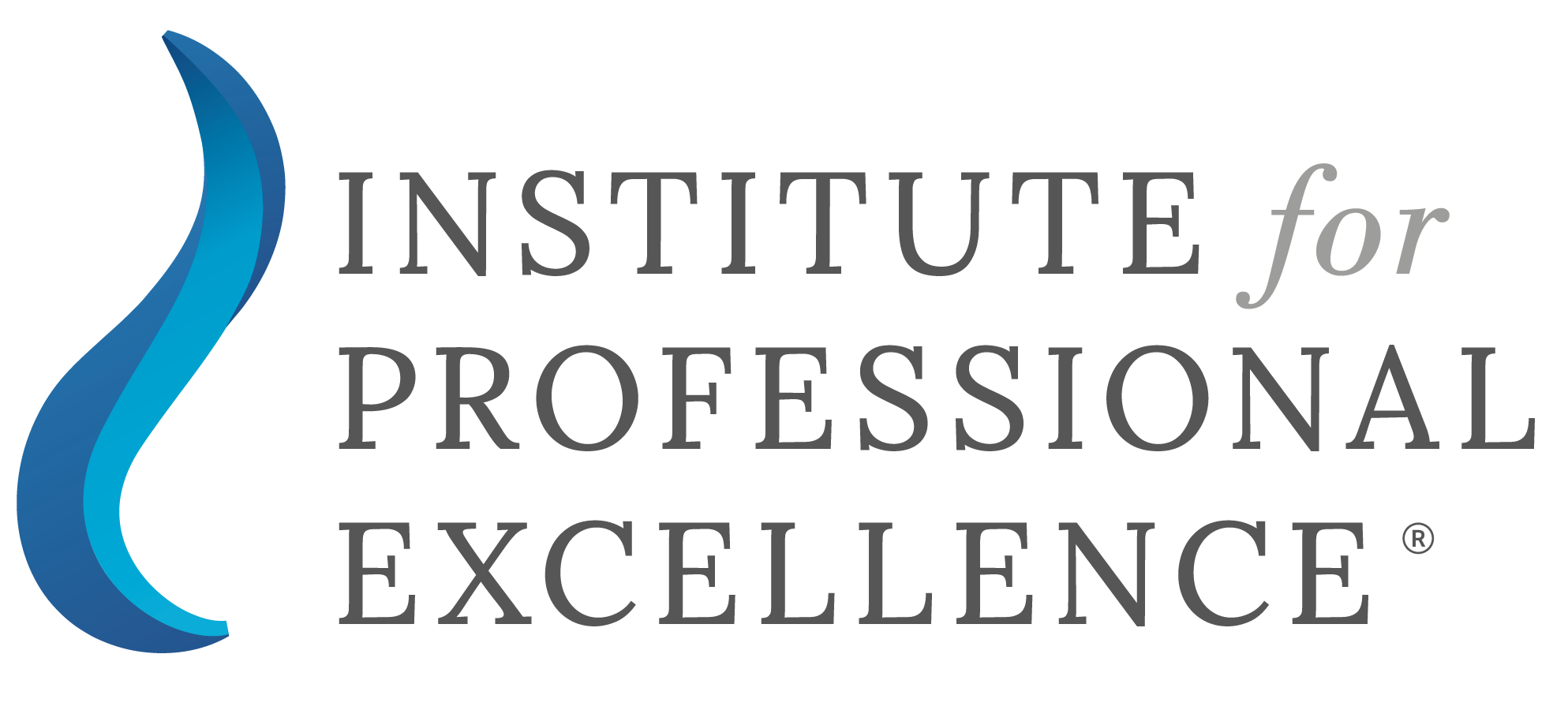Jun 5
/
Evdokia Pitsillidou
Sustainable Finance: EU’s Regulatory Framework & ESG Factors
about the author
Evdokia, a partner at SALVUS Funds, is actively advising and working on all matters related to licensing, regulatory compliance, and internal audit for investment firms, funds, Electronic Money Institutions (EMI) & Crypto-Asset Services Providers (CASP).
- Member of the Global Institute of Internal Auditors (IIA)
- Member of the Cyprus Investment Funds Association (CIFA)
- Certified Actuarial Analyst (CAA)
- CySEC Advanced Certified Person
- CySEC certified Anti-Money Laundering Compliance Officer (AMLCO)
The environmental, social, and governance (ESG) framework evaluates the possible positive or negative impacts on the financial performance or stability of investments, individuals, or entities due to influences stemming from such issues. At the European level, the ESG framework aims to facilitate the transition to a more sustainable economy.
With this blog post, Evdokia Pitsillidou, an instructor at the institute, delves into the importance of Sustainable Finance, exploring the ESG factors, Greenwashing, the Regulatory Framework as it currently stands and further important information about sustainability. What is more, a complete online course is offered through the IforPE platform, titled Sustainable Finance: Regulatory Framework & ESG Factors in 2024.
At the end of this blog post, you will find detailed information about the valuable knowledge and competencies acquired upon course completion and how they contribute to ensuring the successful implementation of all sustainable strategies and procedures.
ESG Factors
ESG factors are criteria used to evaluate the sustainability and societal impact of business activities, particularly those financed by credit institutions, financial product manufacturers, and financial advisers. These factors play a crucial role in determining the long-term financial performance and risks associated with investments. ESG factors are categorized into three primary pillars:
Greenwashing in Sustainable Finance
Greenwashing in sustainable finance refers to the practice of companies or financial institutions misrepresenting their ESG efforts or credentials to appear more sustainable than they actually are. This can involve exaggerating the positive impact of their products, services, or investments on the environment, selectively disclosing favourable information, or omitting negative aspects to present a falsely eco-friendly reputation. The EU authorities have been promoting transparency of ESG objectives, risks and characteristics in order to tackle greenwashing.
Sustainable Finance Regulatory Framework
The sustainable finance regulatory framework is designed to foster the integration of ESG considerations into the financial system. This framework aims to promote investments that contribute to sustainable development by establishing clear guidelines and standards for financial institutions, product manufacturers, and advisors. It seeks to enhance transparency, mitigate financial risks associated with ESG factors, and ensure that capital flows towards sustainable economic activities. The below provide a robust foundation to achieve that:
The above regulations stipulate that sustainability considerations should not only be an add on but integrated into the core risk management and decision-making processes.
The syllabus of the Sustainable Finance: Regulatory Framework & ESG Factors course includes:
The material for the Sustainable Finance course is provided both in PDF slides and online video recordings, suitable for self-paced learning. Learners enrolled in the course have the flexibility to learn wherever and whenever.
Upon completion of the course, learners have the opportunity to evaluate their comprehension of the covered material by answering a series of questions reflecting the gained knowledge.
The completion of this course counts towards the Continuous Professional Development (CPD) annual requirements for professionals, and holders of the CySEC Advanced and Basic certifications.
With this blog post, Evdokia Pitsillidou, an instructor at the institute, delves into the importance of Sustainable Finance, exploring the ESG factors, Greenwashing, the Regulatory Framework as it currently stands and further important information about sustainability. What is more, a complete online course is offered through the IforPE platform, titled Sustainable Finance: Regulatory Framework & ESG Factors in 2024.
At the end of this blog post, you will find detailed information about the valuable knowledge and competencies acquired upon course completion and how they contribute to ensuring the successful implementation of all sustainable strategies and procedures.
ESG Factors
ESG factors are criteria used to evaluate the sustainability and societal impact of business activities, particularly those financed by credit institutions, financial product manufacturers, and financial advisers. These factors play a crucial role in determining the long-term financial performance and risks associated with investments. ESG factors are categorized into three primary pillars:
- Environmental: This area addresses the impact a company or investment has on the environment, including energy consumption, water usage and waste management.
- Social: This category involves the collision of business activities on society and communities, encompassing child labour, human rights and discrimination.
- Governance: This pillar deals with governance-related issues such as corruption and bribery, transparency and disclosure, board structure and diversity
Greenwashing in Sustainable Finance
Greenwashing in sustainable finance refers to the practice of companies or financial institutions misrepresenting their ESG efforts or credentials to appear more sustainable than they actually are. This can involve exaggerating the positive impact of their products, services, or investments on the environment, selectively disclosing favourable information, or omitting negative aspects to present a falsely eco-friendly reputation. The EU authorities have been promoting transparency of ESG objectives, risks and characteristics in order to tackle greenwashing.
Sustainable Finance Regulatory Framework
The sustainable finance regulatory framework is designed to foster the integration of ESG considerations into the financial system. This framework aims to promote investments that contribute to sustainable development by establishing clear guidelines and standards for financial institutions, product manufacturers, and advisors. It seeks to enhance transparency, mitigate financial risks associated with ESG factors, and ensure that capital flows towards sustainable economic activities. The below provide a robust foundation to achieve that:
- EU Green Deal
- Sustainable Finance Disclosure Regulation (SFDR)
- EU Taxonomy Regulation
- Non-Financial Reporting Directive (NFRD)
- Corporate Sustainability Reporting Directive (CSRD)
- ESG Rating Activities Regulation
- Benchmark Regulation
The above regulations stipulate that sustainability considerations should not only be an add on but integrated into the core risk management and decision-making processes.
What is the Sustainable Finance: Regulatory Framework & ESG Factors in 2024 course and what does it include?
The Sustainable Finance: Regulatory Framework & ESG Factors in 2024 course is developed by SALVUS Funds and delivered by their Risk & Compliance Director, Evdokia Pitsillidou. This course aims to provide professionals employed in Cyprus Investment Firms and Funds, along with those in Payment Institutions, a comprehensive understanding of the European regulatory landscape related to sustainable finance.
Learners enrolled in this self-study, self-paced program will explore the fundamental concepts of sustainable finance and ESG elements, gaining valuable knowledge about the motivations behind the EU Green Deal. Crucially, participants will develop a comprehensive grasp of current regulatory requirements and gain a competitive edge in upcoming regulatory changes.
The Sustainable Finance: Regulatory Framework & ESG Factors in 2024 course is developed by SALVUS Funds and delivered by their Risk & Compliance Director, Evdokia Pitsillidou. This course aims to provide professionals employed in Cyprus Investment Firms and Funds, along with those in Payment Institutions, a comprehensive understanding of the European regulatory landscape related to sustainable finance.
Learners enrolled in this self-study, self-paced program will explore the fundamental concepts of sustainable finance and ESG elements, gaining valuable knowledge about the motivations behind the EU Green Deal. Crucially, participants will develop a comprehensive grasp of current regulatory requirements and gain a competitive edge in upcoming regulatory changes.
The syllabus of the Sustainable Finance: Regulatory Framework & ESG Factors course includes:
- Introduction to Sustainable Finance and ESG Factors
- What is Sustainable Finance?
- What are the ESG Factors?
- Why are SF & ESG considerations important? - The road to the EU Green Deal
- The UN 2030 Agenda
- The Paris Agreement
- The European Green Deal - Sustainable Finance Regulatory Framework
- Sustainable Finance Regulatory Framework
- Sustainable Finance Disclosure Regulation
- EU Taxonomy Regulation
- Non-Financial & Corporate Reporting Directives
- CRR & IFR Prudential Disclosures
- Benchmark Regulation
- ESG Rating Activities Regulation - Sustainable Finance Disclosure Regulation
- Aim & Objectives
- Who is obliged under SFDR?
- SFDR significant provisions
- SFDR Regulatory Technical Standards
- EU Taxonomy Regulation
- Aim & Objectives
- Where does the EU Taxonomy apply to?
- Environmentally sustainable economic activity
- Technical screening criteria
- Transparency obligations
- CRR & IFR Prudential Disclosures
- ESG Disclosures for financial institutions
- ESG Disclosures under Pillar III
- ESG Disclosures for Investment Firms - MiFID II, AIFMD & UCITS Directive enhancements
- MiFID II enhancement
- AIFMD enhancement
- UCITS Directive enhancement
- Greenwashing
- ESG Investing Strategies
- Negative screening
- Norm-Based screening
- Best-in-Class
- ESG integration
- Active ownership
- Thematic investment- Impact investment
The material for the Sustainable Finance course is provided both in PDF slides and online video recordings, suitable for self-paced learning. Learners enrolled in the course have the flexibility to learn wherever and whenever.
Upon completion of the course, learners have the opportunity to evaluate their comprehension of the covered material by answering a series of questions reflecting the gained knowledge.
The completion of this course counts towards the Continuous Professional Development (CPD) annual requirements for professionals, and holders of the CySEC Advanced and Basic certifications.
Get in touch
If you have any questions about Evdokia's course or any other questions related to your training requirements, please contact us; we would love to help.
If you have any questions about Evdokia's course or any other questions related to your training requirements, please contact us; we would love to help.
From all of us at IforPE, the Institute for Professional Excellence,
Ancora Imparo
Ancora Imparo

#1 for CySEC, CBC, ICPAC & CBA CPD education
The Institute for Professional Excellence (IforPE)
Copyright © 2019-2025
The Institute for Professional Excellence (IforPE)
Copyright © 2019-2025
navigate
The Institute for Professional Excellence is protected under a registered European trade mark. The figurative trade mark registration number is 018854840. This trade mark is protected under the European Union's legislation.
